save the insects & our food chain!
For thousands of years, agriculture was a natural process that did not harm the land it was done on. However, modern agricultural practices today are responsible for huge amounts of pollution, including the degradation of the ecosystem, land, and environment and also contributing to climate change.
Animal agriculture is the leading cause of species extinction, ocean dead zones, water pollution and habitat destruction. Livestock production is responsible for 80% of global deforestation.
The waste from a dairy farm of 2500 cows equals the waste of 411.000 people, that's half the city of Amsterdam.
More than 80% of all genetically modified crops grown worldwide have been engineered for herbicide tolerance. It has resulted in mono-culture farming and the increased use of the toxic herbicide Roundup, which causes cancer, destroys our biodiversity and destroys our organic seed survival.
With the merger of Monsanto & Bayer, 61 percent of our global seeds and pesticides production are now in the hands of just three megacorporations, Monsanto/Bayer, DowDuPont, and ChemChina.
The monopoly position of Monsanto caused an increase in costs all along the food chain. The social, environmental and economic impacts are so severe, that we are beginning to lose our freedom to grow our own food that spreads organically by nature's own pollinators, such as bees.
One and a half acres of land can produce 16,783 kilo's of plant based food, the same plot of land can produce only 170 kilo's of meat. Why is livestock still covering 45% of the earth's land?
It is clear that there is enough food to feed our growing population if we convert our current agriculture into an organic and plant based diet.
Therefore #theconsciouschallenge this week is about stopping pesticides and saving our natural pollinators, by signing a petition to save the bees! Share the petition on your wall and tag The Conscious Club!
You can find the petition here: https://bit.ly/2FJlRdb
Win a PESTICIDE-FREE BOTTLE OF WINE from wijnkooperij de lange and celebrate biodiversity!
Our organic/biodynamic wine supplier, Paul Frankhuizen and I always keep in touch about the agriculture mafia. These are two pictures he took when visiting one of the vineyards of his supplier in Pommard, who works organic and pesticide free.
16-04-2019: A vineyard in Pommard with Glyfosate (Roundup)
16-04-2019: The neighboring vineyard who works organic and pesticide free
This difference says it all. Did you know that conventional beer and wine test positive for glyphosate, the active ingredient in Monsanto's Roundup weedkiller? In the U.S. there is no escaping glyphosate anymore, even if it’s organic, but knowing this, what beer or wine will you chose? Organic or the conventional one?
After you signed and shared the petition, let’s celebrate biodiversity with pesticide-free wine! We have 3 amazing wines from Spain to give away!
Terroir al Limit from Spain
It is the year 2000 when Dominik Huber and Eben Sadie meet at Mas Martinet in Spain. In 2001 they pick grapes and become friends with the Perez family in Cims de Porrera for six weeks. After working together for two months at Spiceroute in South Africa, they started a small project together in Priorat. With the help of the Perez family they can buy some grapes and together they make the first volume Dits del Terra. In 2003 they can start their own cellar in Torroja del Priorat where more and more different wines are made over the years. Since 2007, Dominik has been working full-time on his Terroir al Limit and from that moment on the way of making wine has changed. Barriques give way to barrels from 1200 to 3500 liters and 500-liter barrels are introduced. A method of vinification where extraction makes way for a traditional Burgundian style of wine making. "Vinification entière", no pigeage or reassembly all to avoid the power Priorat was always known for. Meanwhile, Eben Sadie has decided to concentrate fully on his Swartland and Dominik is working fully biodynamically with as little sulphite as possible. The wines are really made for gastronomy, the wines are light, refined and elegant to match dishes from the best cuisines. For some years Dominik has also been making wines along the lines of the many cooperatives that were once in the area. The core values of these wines are: guarding the culture of the region, ecological viticulture and only traditional varieties.
https://www.wijnkooperijdelange.nl/
How To Win?
Sign the petition: https://bit.ly/2FJlRdb, Share it on your wall, Tag The Conscious Club and use the hashtag #theconsciouschallenge!
Make sure when you post, your publication settings are open to the public
We will share your posts on our social media channels so more people will be inspired to contribute to this change!
Winners will be announced on Sunday the 16th of June at 8 PM CET+1 on our Social Media Channels
#theconsciouschallenge
www.theconsciouschallenge.org
https://www.wijnkooperijdelange.nl/
Sign the petition and celebrate biodiversity!
AGRICULTURE
We have made a video animation for each topic, informing and connecting you in an easy way about the most important facts! Feel free to share this on your social media channels!
Spread consciousness
As each topic has its own video animation and interview, it also has its own fact sheet handouts. An easy way to catch up on all the important details! They will be available at The Conscious Club, feel free to take some home and share them with your friends!
topics
Climate change // starts April 22 - 2019
Oxygen April // starts April 29 - 2019
Plastic // starts May 6 - 2019
Water // starts May 13 - 2019
Food // starts May 20 - 2019
Transportation // starts May 27 - 2019
Clothing // starts June 3 - 2019
Agriculture // starts June 10 - 2019
Energy // starts June 17 - 2019
Extinction // starts June 24 - 2019





